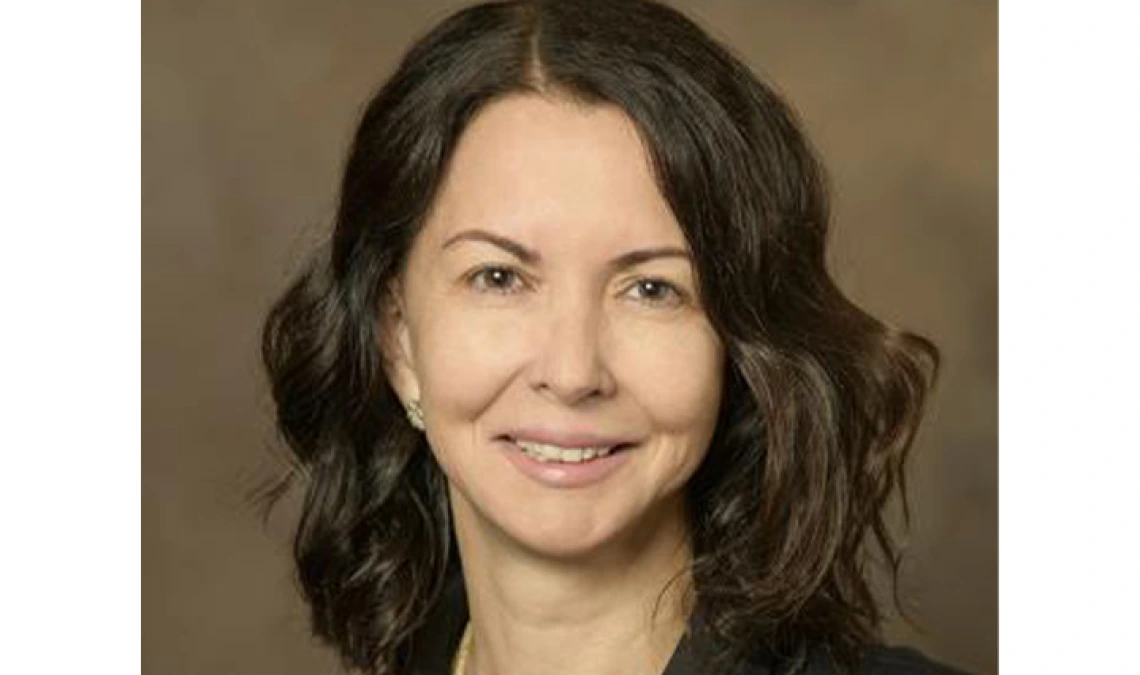UArizona Cancer Center Receives $6.9M Grant for Skin Cancer Prevention Study
A team of researchers at the University of Arizona Cancer Center is seeking effective preventive and therapeutic strategies to reduce the risk of non-melanoma skin cancer, like squamous cell carcinoma of the skin.

Skin cancer is the most common malignancy worldwide, and one in three new cancers diagnosed is a form of skin cancer, according to the Skin Cancer Foundation. This amounts to about 5 million non-melanoma skin cancers in the United States each year.
In response, a team of researchers at the University of Arizona Cancer Center is developing new strategies to prevent and reduce the risk of squamous cell carcinoma, the second most-common form of non-melanoma skin cancer.
To assist that effort, the UArizona Cancer Center recently was awarded a five-year, $6.9 million prestigious Program Project Grant from the National Cancer Institute (NCI), a unit of the National Institutes of Health (NIH).
Clara Curiel-Lewandrowski, MD, director of the Cutaneous Oncology Program and co-director of the Skin Cancer Institute at the UArizona Cancer Center, is principal investigator for the grant which will be funded by the NCI over the next five years.
“This award is both an endorsement of the scientific contributions made by the Skin Cancer Institute research team and a true opportunity to make new groundbreaking advances in skin cancer prevention and treatment,” Dr. Curiel-Lewandrowski said. “This is a stamp of approval that says the University of Arizona Cancer Center is the place with quality and innovative approaches in skin cancer therapeutic prevention research nationwide.”
The Program Project Grant will assess, in animal models and human studies, the importance of a novel immune protein known as TLR4 that is modulated by solar ultraviolet radiation. The second focus of the grant includes characterization of a cascade of messages within skin cells recently discovered by the team that are found to promote development of skin cancer after exposure to sunlight. An impactful aspect of the award relates to the formulation and testing of topical drugs, i.e., lotions and creams, that effectively can inhibit the action of these proteins ultimately to prevent squamous cell carcinoma formation.
“We are one of the few institutions that has mastered both experimental and clinical studies that effectively mimic the effect of sunlight,” Dr. Curiel-Lewandrowski said. “These models allow us to test drugs that can reproducibly and accurately stop or reverse the cellular damage caused by the sun through pilot and Phase 1 clinical trials.
“This highly integrated and translational research-based program project emphasizes the importance of a multidisciplinary and precision-medicine approach for the prevention of squamous cell carcinoma of the skin,” Dr. Curiel-Lewandrowski said. “These discoveries also can serve as a model to prevent other epithelial malignancies.”
“Skin cancer is a great risk to many people, especially those of us in Arizona,” said UArizona President Robert C. Robbins, MD. “The talented, dedicated researchers at the Cancer Center understand the importance of identifying innovative approaches for skin cancer prevention and treatment, and it is a well-deserved honor for this team to receive this prestigious grant. It is important to discover the safest ways to ensure people significantly reduce their risk of skin cancer while enjoying all the sunshine that makes our beautiful state such a wonderful place to live.”
The new funding is the latest award for Dr. Curiel-Lewandrowski and the Skin Cancer Institute team, which has been a leader in skin cancer research, treatment and prevention across Arizona and beyond.
“It is important that our community knows that our Skin Cancer Institute is here for them and that our aligned vision is to prevent and cure skin cancer through research, education and clinical care,” Dr. Curiel-Lewandrowski said. “We have an exceptional team in place with a common mission: To eradicate skin cancer in Arizona by decreasing skin-cancer incidence, where late diagnosis is not an option, and no lives are lost due to this preventable disease.”
National Cancer Institute of the National Institutes of Health under Award No. P01CA229112.
Media Contact:
Blair Willis
520-626-0331
bmw23@arizona.edu
About the University of Arizona Cancer Center
The University of Arizona Cancer Center is the only National Cancer Institute-designated Comprehensive Cancer Center with headquarters in Arizona. The UArizona Cancer Center is supported by NCI Cancer Center Support Grant No. CA023074. With its primary location at the University of Arizona in Tucson, the Cancer Center has more than a dozen research and education offices throughout the state, with more than 300 physicians and scientists working together to prevent and cure cancer. For more information: cancercenter.arizona.edu(Follow us: Facebook | Twitter | YouTube).
About the University of Arizona Health Sciences
The University of Arizona Health Sciences is the statewide leader in biomedical research and health professions training. The UArizona Health Sciences includes the Colleges of Medicine (Tucson and Phoenix), Nursing, Pharmacy, and the Mel and Enid Zuckerman College of Public Health, with main campus locations in Tucson and the growing Phoenix Biomedical Campus in downtown Phoenix. From these vantage points, the Health Sciences reaches across the state of Arizona and the greater Southwest to provide cutting-edge health education, research and community outreach services. A major economic engine, the Health Sciences employs nearly 5,000 people, has approximately 900 faculty members and garners $200 million in research grants and contracts annually. For more information: uahs.arizona.edu (Follow us: Facebook | Twitter | YouTube | LinkedIn | Instagram)
NOTE: Photos available upon request.

